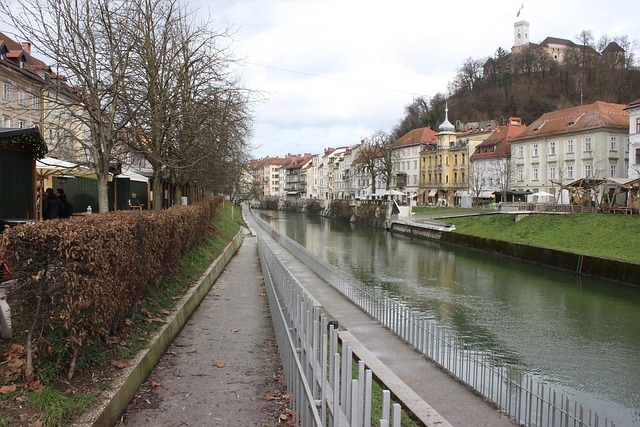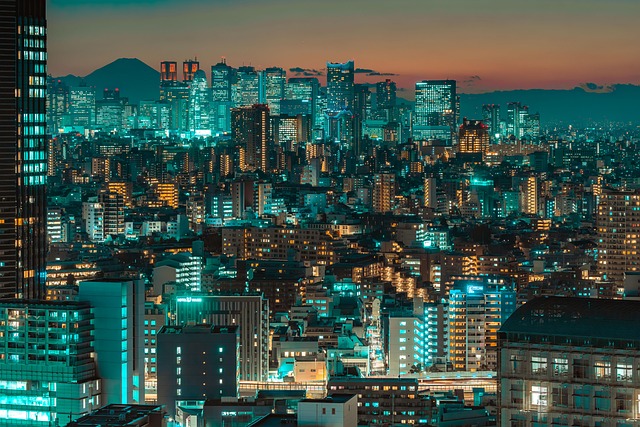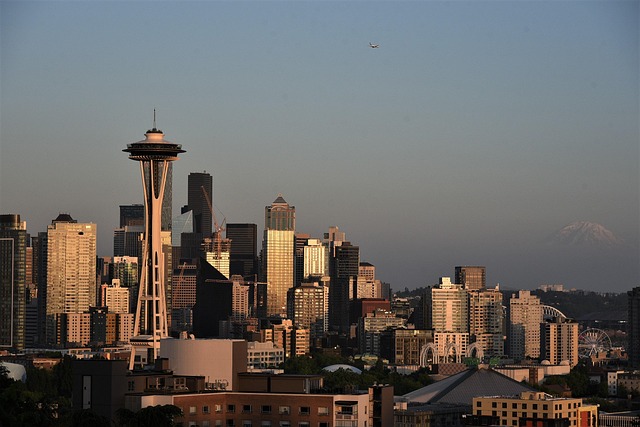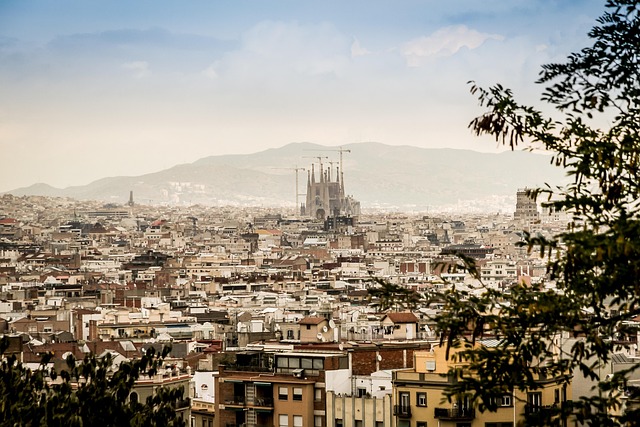
Karachi, Pakistan's vibrant metropolis, faces severe noise pollution due to urban growth and lack of regulations. Industrial activities, traffic, and social events contribute to elevated noise levels, negatively affecting residents' health. Mitigating this issue is crucial for the city's future, requiring strategies like quieter working hours, stringent noise limits, increased green spaces, and promotion of eco-friendly alternatives. By implementing these measures, Karachi aims to transform its landscape into a more peaceful urban environment, prioritizing the well-being of its residents.
In the bustling metropolis of Karachi, noise pollution has emerged as a growing concern, impacting the quality of life for its folks. This article delves into the rising noise levels in Karachi and explores strategies to mitigate this pressing issue. From bustling markets to traffic-congested streets, we analyze the city’s unique challenges and propose solutions to create quieter, more livable landscapes. Understanding and managing noise pollution is crucial for a healthier, happier Karachi.
- Noise Pollution in Karachi: A Growing Concern
- Understanding and Mitigating Noise Levels in the City's Landscapes
Noise Pollution in Karachi: A Growing Concern

Karachi, as one of Pakistan’s most vibrant and bustling metropolises, faces a growing concern in the form of noise pollution. The city’s rapid urbanization and ever-expanding economy have led to an increase in industrial activities, traffic congestion, and social gatherings, all contributing to elevated noise levels. This issue has significant impacts on the well-being of residents, disrupting sleep patterns, causing stress, and even leading to hearing impairments over time.
The problem is exacerbated by Karachi’s dense population and lack of stringent noise control regulations. Construction sites, busy roads, and crowded markets are common sources of excessive noise, often disturbing nearby residential areas. As the city continues to grow and develop, it becomes imperative to address this pollution head-on. Effective measures, such as implementing quieter working hours, enforcing stricter noise limits, and promoting green spaces, can help mitigate the effects of noise pollution and improve the overall quality of life for Karachites.
Understanding and Mitigating Noise Levels in the City's Landscapes

In the bustling metropolis of Karachi, noise levels have become an increasingly pressing concern for residents and urban planners alike. Understanding and mitigating noise pollution is essential to fostering a healthier and more livable environment. Noise levels in cities are influenced by various factors, including traffic congestion, industrial activities, construction sites, and social gatherings. To tackle this issue effectively, city authorities in Karachi must adopt comprehensive strategies that involve both short-term interventions and long-term solutions.
One approach is to implement stricter noise regulations and enforce them rigorously. This includes limiting the operating hours of noisy establishments, such as factories and construction sites, and introducing quieter alternatives for transportation like electric vehicles. Additionally, planting trees and creating green spaces can act as natural sound barriers, significantly reducing noise levels in residential areas. By integrating these measures into urban planning, Karachi can strive towards a more peaceful and serene landscape, enhancing the quality of life for its citizens.
In the bustling metropolis of Karachi, noise pollution has become an invisible yet pervasive issue. By understanding the noise levels across various landscapes and implementing targeted strategies, we can mitigate its impact on the city’s well-being. Through collaborative efforts between residents, local authorities, and urban planners, Karachi can strive for a quieter, more livable future, ensuring that its vibrant tapestry is not overshadowed by excessive noise.




